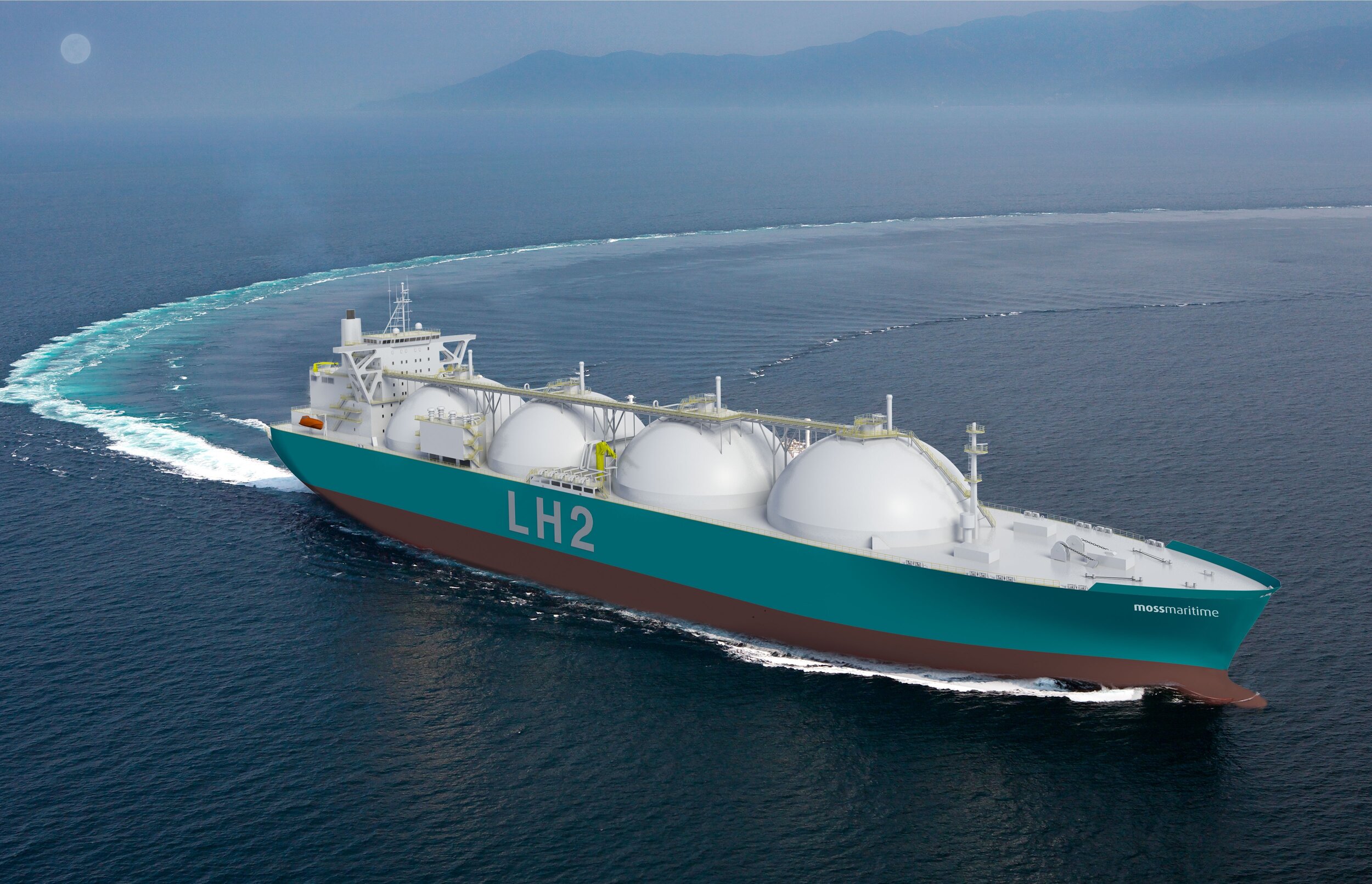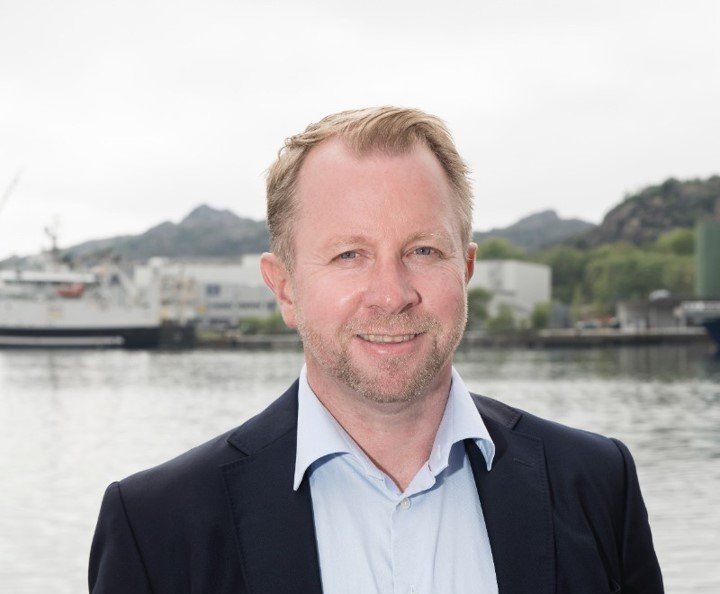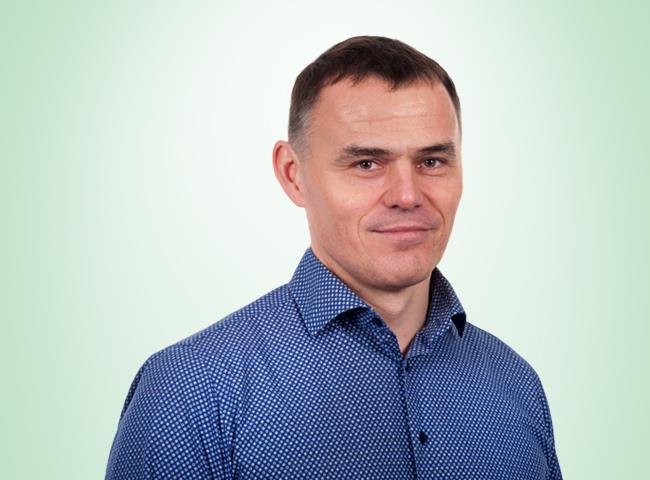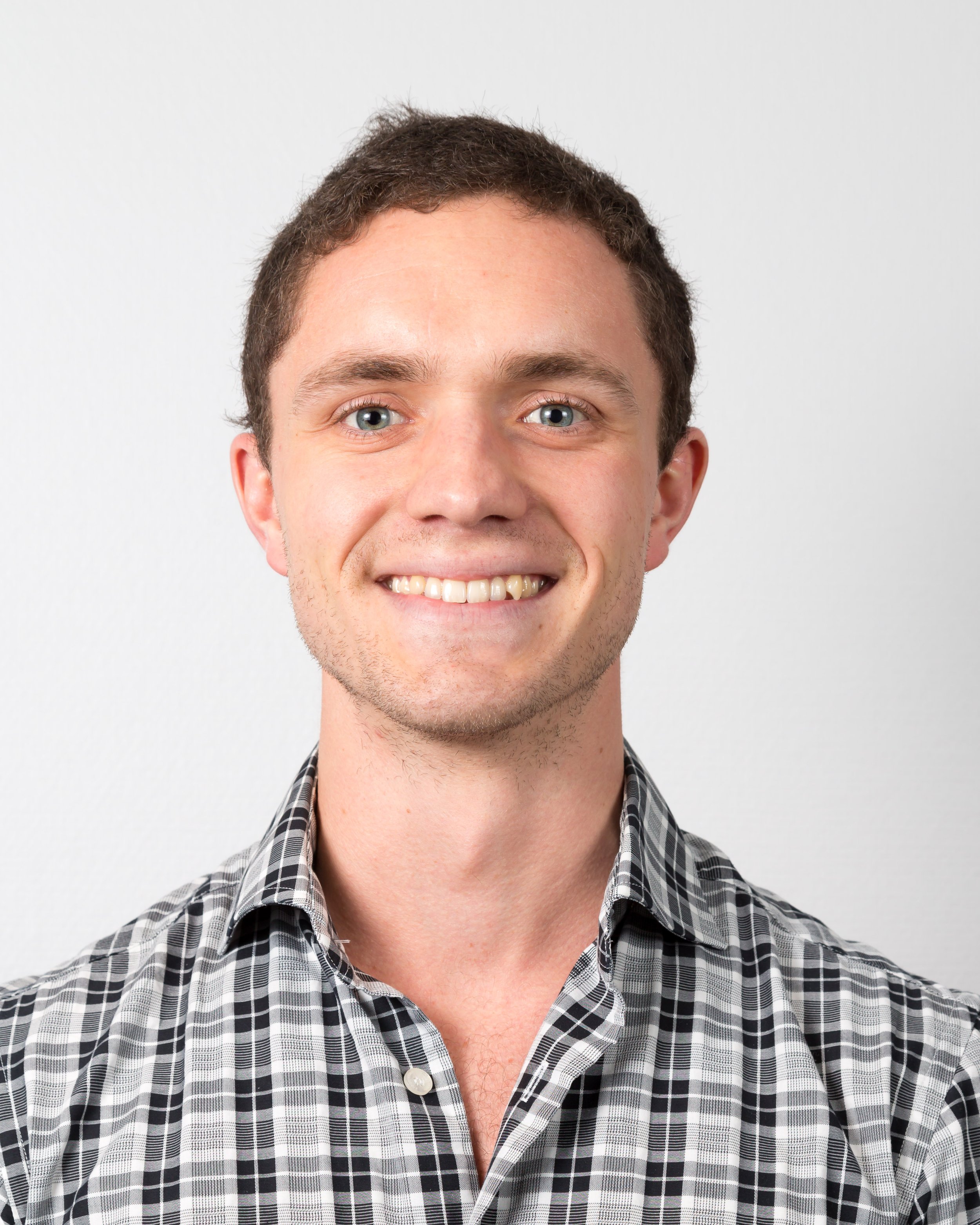Cluster Catch-up: Moss Maritime
“It has never been more exciting to be a Moss Maritime engineer!”, says Ellen Marie Kvam, Manager Gas Process Technology in Moss Maritime.
Cluster Catch-up is OHC’s brand-new column where we ask our member companies 6 questions to catch a glimpse into their daily business-life.
In the last Cluster Catch-Up, Anders Martin Moe from MHTech AS, sent the baton over to Moss Maritime. This week we spoke with Ellen Marie Kvam, Manager Gas Process Technology in Moss Maritime, to learn more about the daily life of the company. Ellen Marie has 20 years of experience in concept development, engineering, and project management within the maritime and offshore LNG industry. She holds an MSc in Chemical Engineering from NTNU.
Ellen Marie Kvam, Manager Gas Process Technology, Moss Maritime.
1) What is Moss Maritime’s primary focus right now?
Now, perhaps more than ever, our focus lies on development and investment in new competence and technology. Moss Maritime’s vision is to draw on our innovation capacity and expertise to actively contribute and advance towards the world’s energy transition. With our passion for floaters, we seek to find sustainable solutions within the ocean space. We are at the forefront of developing floating solar and wind power technology, as well as solutions for CO2 transport and LH2. We are also engaging in other new markets with the need of floater competence such as fish farming and large coastal structures and infrastructure.
One of our most recent achievements is the partnership with Equinor for the building and testing of our offshore solar power plant. The aim is to start building the test plant off the island of Frøya near Trondheim at the end of this summer; the world’s first pilot plant for floating solar power in rough waters. We are also engaging in several development projects within wind power, the Stella Maris project headed by Altera Infrastructure for large scale CO2 transport, and several other research projects related to CCS and hydrogen. Please follow us on LinkedIn for updates. It has never been more exiting to be a Moss Maritime engineer!
2) What are the biggest challenges and opportunities for Moss Maritime in the future?
The biggest challenge is to turn the development activities and the cost, time, and resources that we invest in this into revenue-generating technology. This is not only a challenge for Moss Maritime, but for the entire Norwegian industry.
As a company engaged in technology development and high-value engineering services, we above all see a lot of opportunities related to the energy transition and diversification of energy sources, as this transition will require a lot of innovation and engineering expertise. Our ambition is to be the partner of choice for clients committed to the low-carbon energy transition.
Examples from Moss Maritime’s products and concept portfolio. Photo: Moss Maritime.
3) How can hydrogen be a part of the solution for the future?
We are convinced that hydrogen will play a key role in the future zero-emission society, both as a clean energy vector, and as a means of storing green energy from fluctuating and possibly remote wind/hydropower/solar energy sources. In Norway the strongest focus thus far has been on use of hydrogen as a fuel in the maritime sector, in particular for smaller vessels and based on local small-scale production and distribution chains. Some have argued that being a small country, there is a risk that Norway is thinking too small and that we may be losing our edge in the commercialization of hydrogen in a future global market. We see these small-scale projects and associated infrastructure development as important stepping-stones, but we also agree that we should be thinking bigger.
Moss Maritime has been an integral part of the industrial development of large-scale LNG export, by providing internationally leading design for LNG carriers, and we hope to play a pioneering role also for liquefied hydrogen (LH2). In 2017/2018 we developed a 9 000 m3 LH2 bunker vessel concept in the Joint Industry Project "Ship transport solution for liquefied hydrogen" together with Equinor, Wilhelmsen and DNV. Now, we are aiming even higher, and we were recently granted partial funding by the Research Council of Norway for our HyLaSST project (“Hydrogen Large Scale Ship Transport”) where the objective is to develop a containment technology for large scale LH2 ship transport, for ships with similar capacity as large LNG carriers. We see a promising future for LH2 shipping, recognizing that in the future zero-emission energy market, the energy production and demand will not be perfectly matched geographically.
The article continues below the image
Artist impression of Moss Maritime LH2 carrier. The concept development is ongoing. Photo: Moss Maritime
4) What is your primary focus when it comes to sustainability?
In our mission statement we highlight that the ultimate goal is to ensure safe, sustainable, reliable, and efficient technology for vessels and floaters for the world’s energy sector. Our activities within LNG can be related to UN sustainability goal 7.1 (universal access to affordable and reliable energy), and our contribution to finding solutions for renewable energy can be linked to goal 7.2 as well as to goal 9 (Industry, Innovation, and Infrastructure). We emphasize on green and more environmentally friendly technologies and solutions throughout the range of our business, and increasing efficiency and reducing emissions from our traditional oil and gas products is also a strong focus area. One example of innovative designs resulting from our decarbonization strategy is the Moss CS Eco-X, an emission free version of our semi-submersible drilling platform design.
5) Why did you decide on becoming a member of Ocean Hyway Cluster?
Participation in industry clusters is very valuable in terms of knowledge sharing and a tool to develop our competence as well as the competence of other participating members. We also see this as an important playing field for our company to make ourselves more visible for other industry partners, ideally leading to more exiting business and development opportunities!
Moss Maritime is a member of Ocean Hyway Cluster. Are you curious about a membership? More information here.
Questions?
Do you have questions or comments on this article? Feel free to get in touch.


























